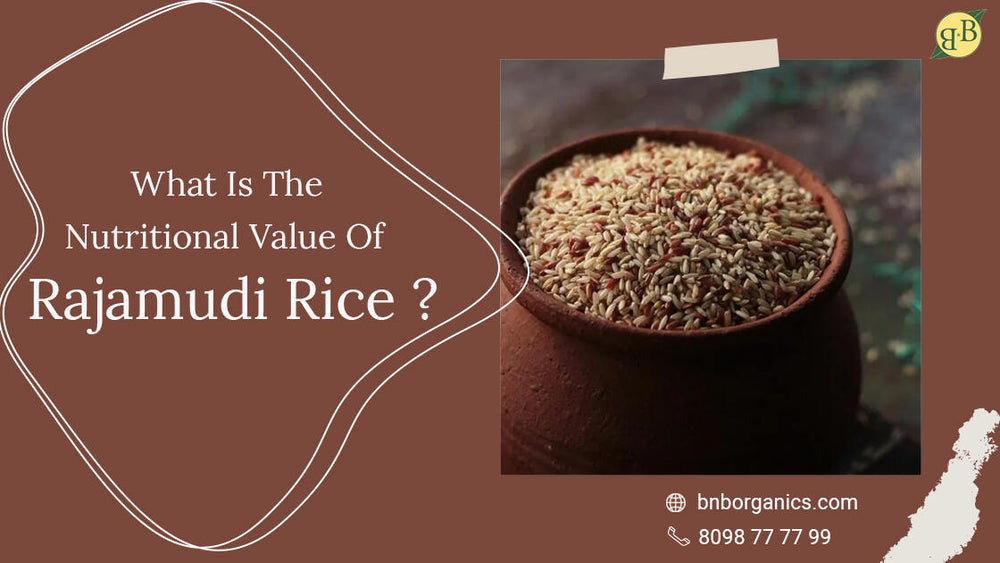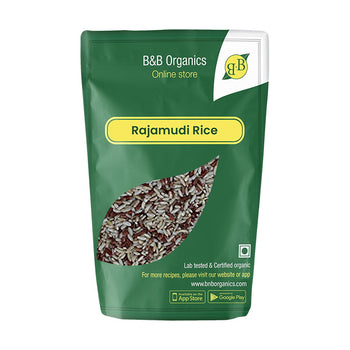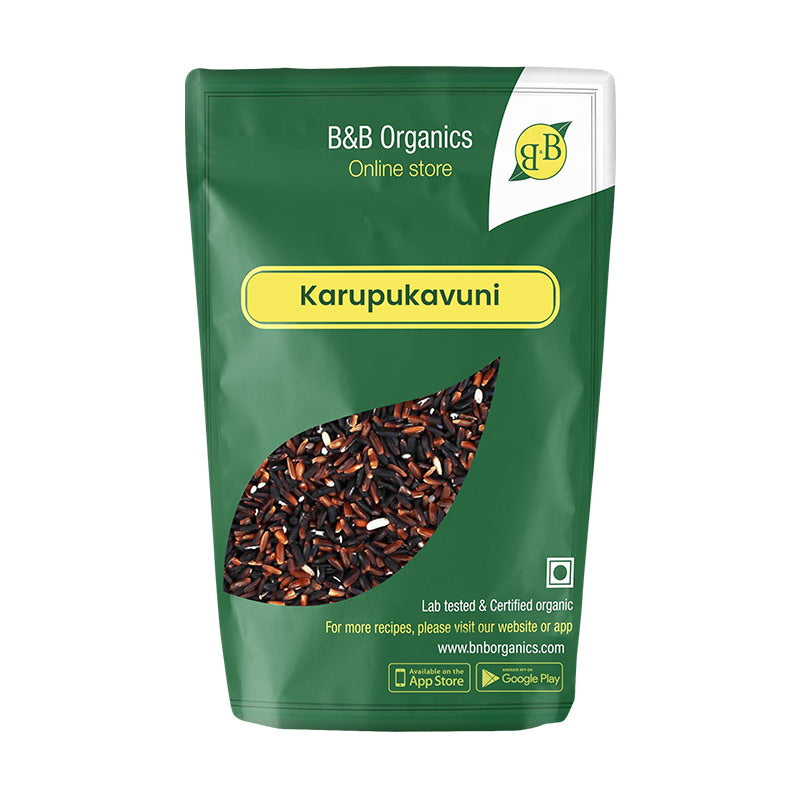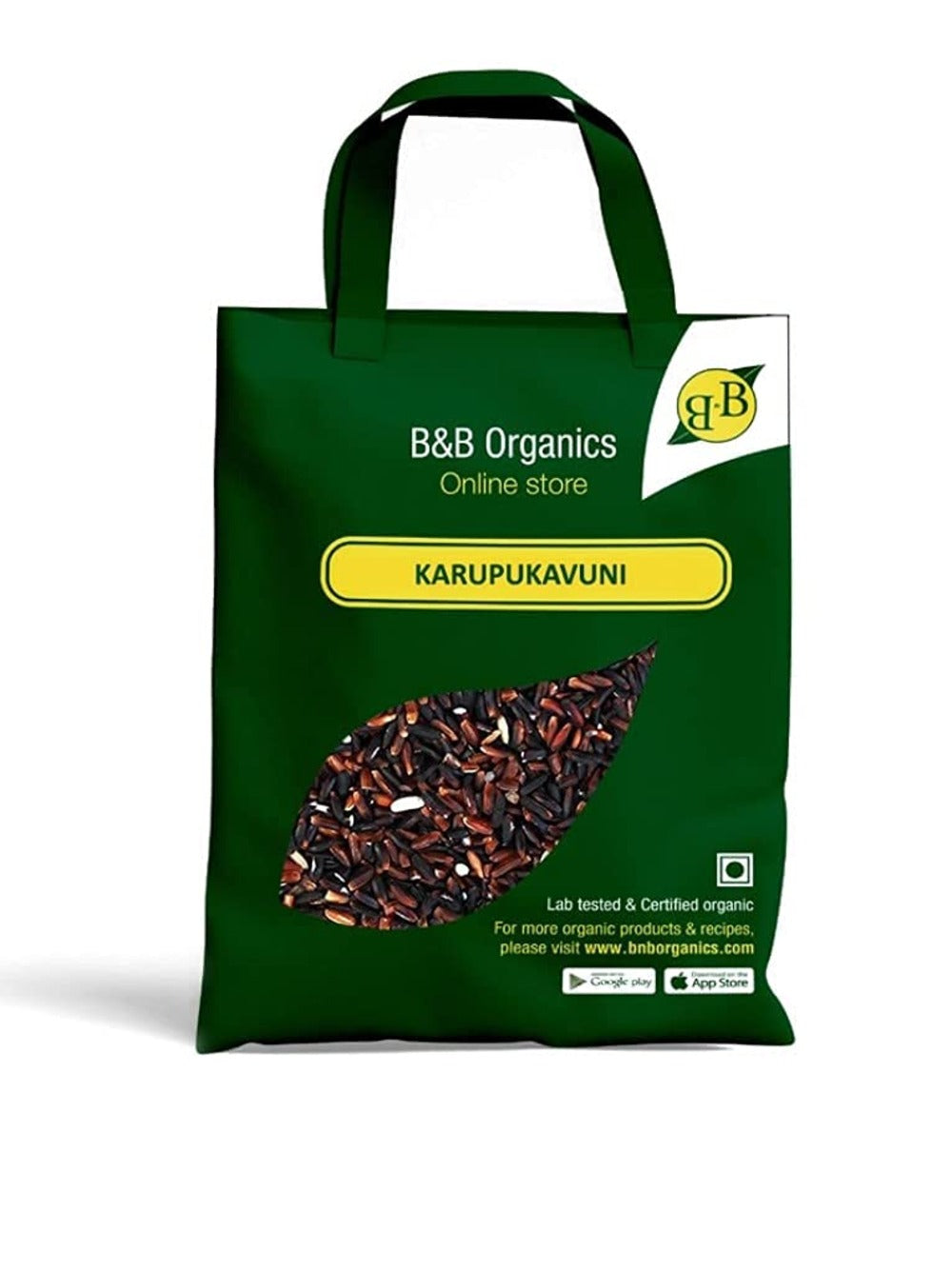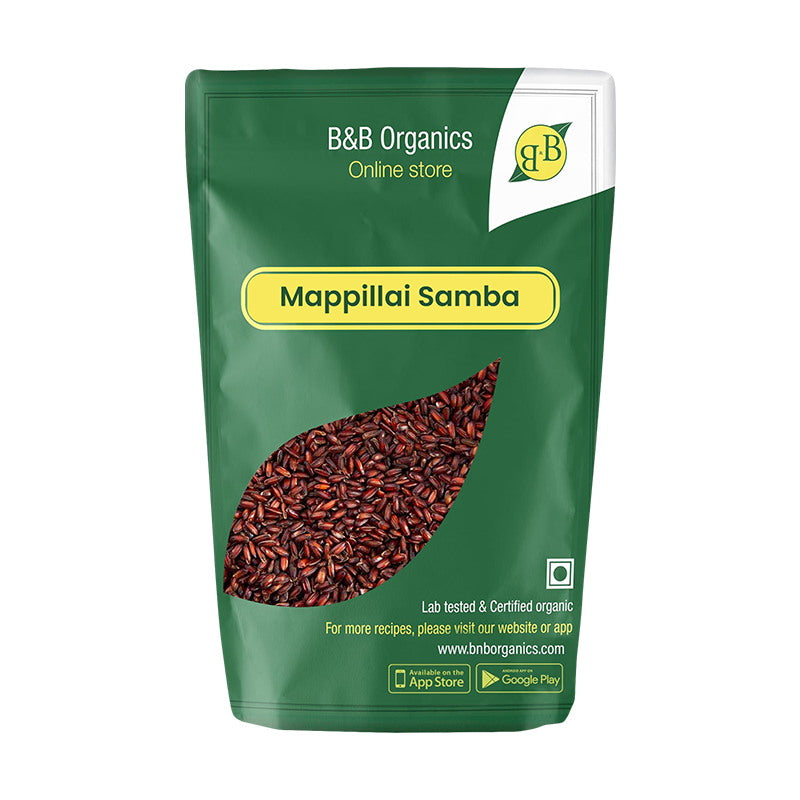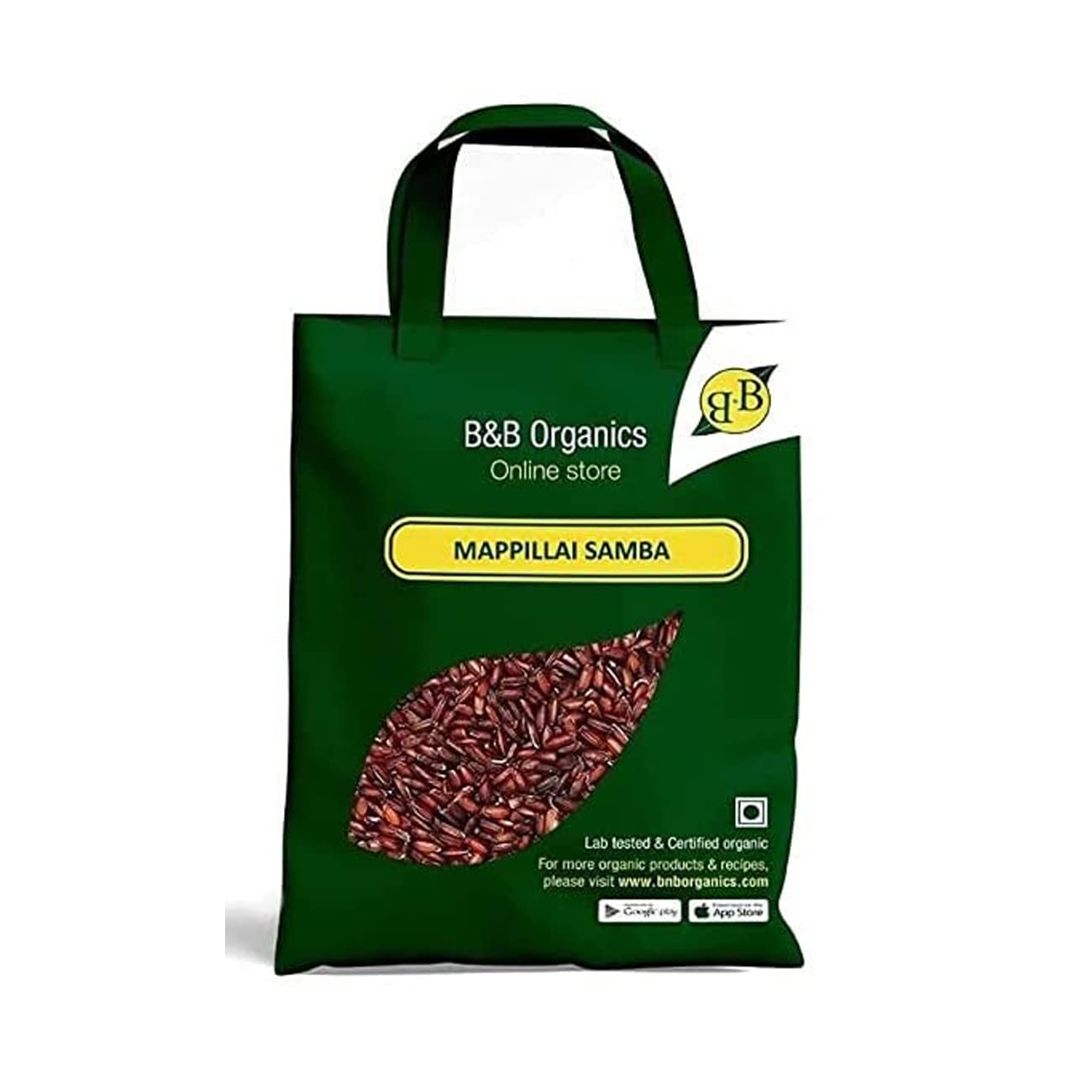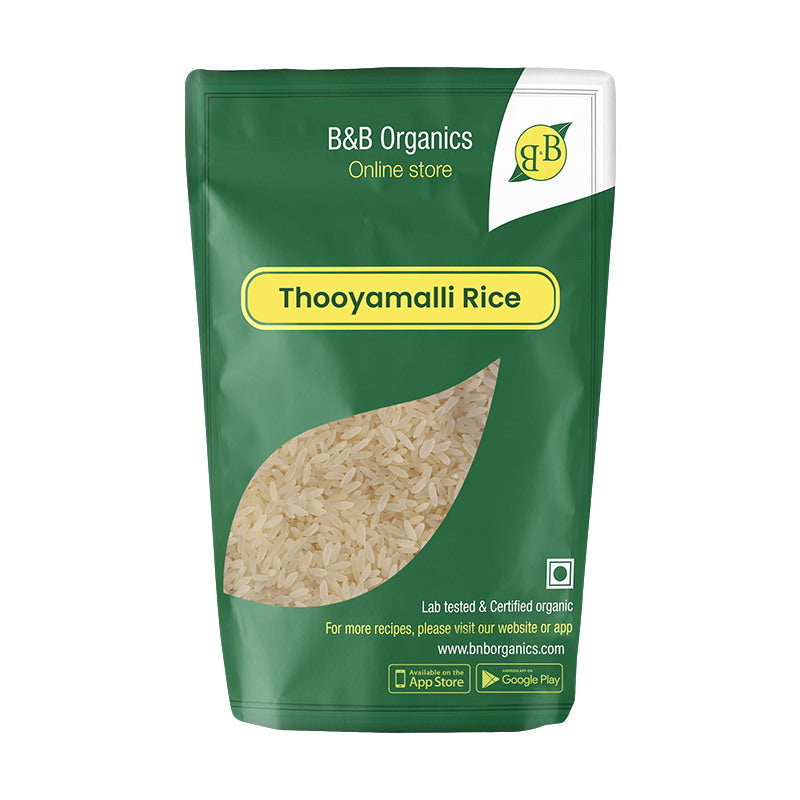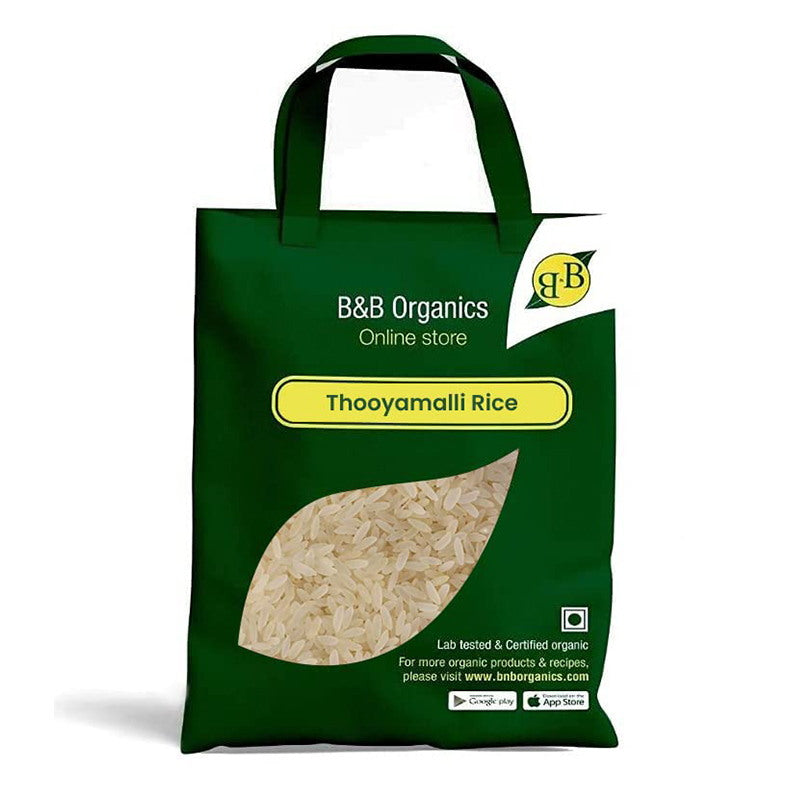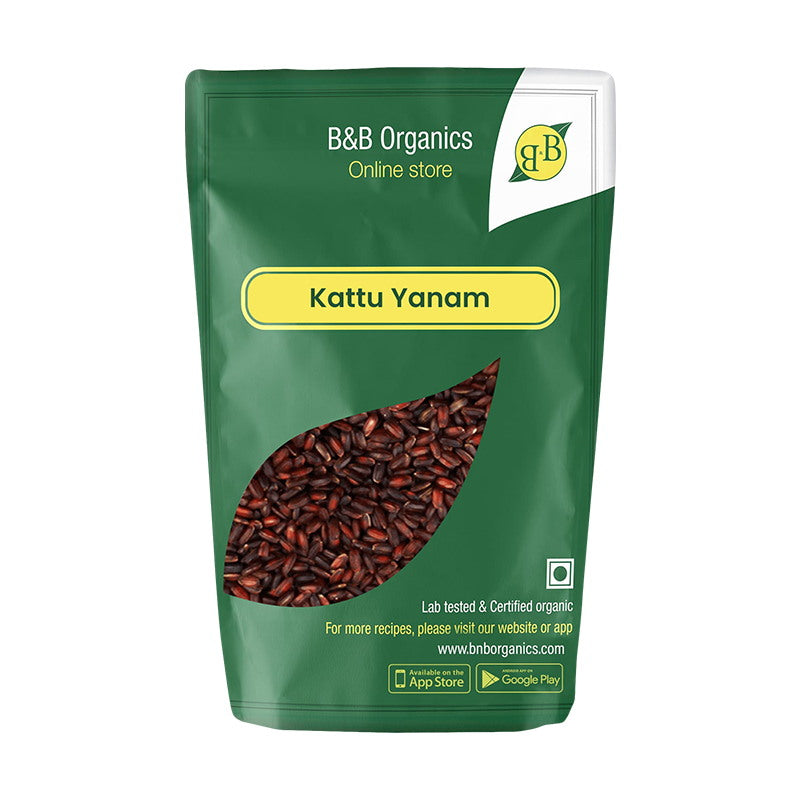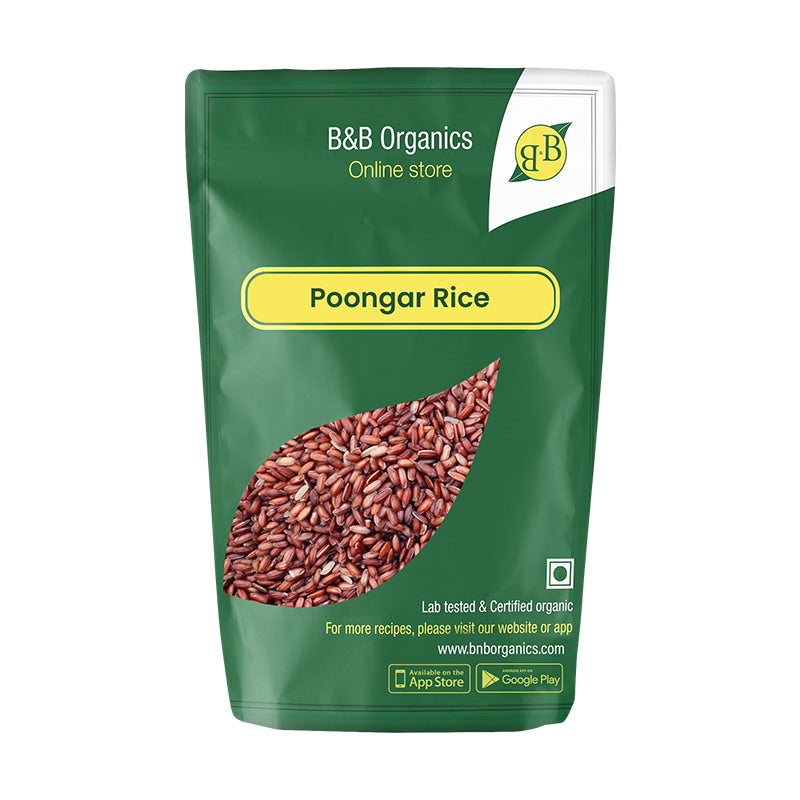Rajamudi Rice, a cherished rice variety from the region of Karnataka, India, not only entices with its distinct flavor and aroma but also offers notable nutritional value. This article explores the nutritional composition of Rajamudi Rice, shedding light on its health benefits and why it is a wise choice for those seeking a wholesome diet.
Rajamudi Rice is a rich source of carbohydrates, providing energy essential for daily activities. It is also a good source of dietary fiber, which aids in digestion and helps maintain a healthy digestive system. The fiber content in Rajamudi Rice contributes to a feeling of satiety, making it a suitable option for those seeking to manage their weight or control their appetite.
Moreover, Rajamudi Rice contains essential vitamins and minerals that are beneficial for overall health. It is a source of B-vitamins such as thiamine (vitamin B1), riboflavin (vitamin B2), and niacin (vitamin B3), which play crucial roles in energy metabolism, nerve function, and maintaining healthy skin. These vitamins are important for supporting the body's overall well-being and vitality.
Rajamudi Rice is also known to possess minerals such as magnesium, phosphorus, and potassium. Magnesium is essential for maintaining normal nerve and muscle function, as well as regulating blood pressure. Phosphorus plays a vital role in bone health and energy production, while potassium is crucial for maintaining proper heart function and fluid balance in the body.
In addition to carbohydrates, fiber, vitamins, and minerals, Rajamudi Rice also contains a moderate amount of protein. Protein is an important macronutrient that plays an essential role in constructing and repairing tissues, promoting the immune system, and producing enzymes and hormones. While Rajamudi Rice is not a significant source of protein compared to legumes, meat, or dairy products, it still contributes to the overall protein intake when combined with other protein-rich foods.
One notable aspect of Rajamudi Rice is that it is naturally gluten-free, making it a suitable option for peoples with gluten sensitivities or those following a gluten-free diet. People with conditions like celiac disease or gluten intolerance can safely consume Rajamudi Rice as part of their balanced meals.
When it comes to the glycemic index (GI), which measures how quickly a food raises blood sugar levels, Rajamudi Rice falls within the moderate range. Foods with a moderate GI are digested more slowly, resulting in a gradual release of glucose into the bloodstream. This makes Rajamudi Rice a favorable choice for individuals seeking to manage blood sugar levels, as it helps provide sustained energy without causing rapid spikes in blood sugar.
It is important to note that the nutritional value of Rajamudi Rice can vary depending on factors such as the quality of cultivation, processing methods, and cooking techniques. Opting for organic and minimally processed varieties can help retain the maximum nutritional benefits of Rajamudi Rice.
In conclusion, Rajamudi Rice offers not only an enticing culinary experience but also notable nutritional value. Its composition of carbohydrates, fiber, vitamins, minerals, and moderate protein content makes it a wholesome choice for a balanced diet. Whether you are seeking sustained energy, digestive health, or essential nutrients, Rajamudi Rice provides a nutritious foundation for your meals. So, incorporate this remarkable rice variety into your culinary repertoire and enjoy its health benefits as you savor its unique flavors.


